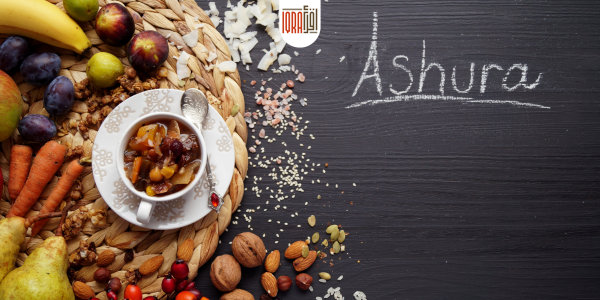Tajweed is to give every letter it’s right and pronounce it from the correct place in the mouth/nose/throat. The word itself means “to make better”
In Tajweed there is “fard kifaayah“[1], where not all people must know a certain rule. Example of this in Islam is the prayer of the dead. “Fard ayn“[2] is compulsory for all Muslims to do/learn, i.e. reading with Tajweed .
![]()
There are three types of reading:
1- Al-tahqeeq: where Quran is read very slowly with Tajweed
2 – Al-tadweer: where Quran is read at a medium pace with Tajweed
3 – Al-hadr: where Quran is read quickly with Tajweed
Resources Link:
– Tajweed Basics: Foundations and More: pages 1 – 3 and midway of page 4
[1] – Sufficiency duty or fard al-kifaya (الواجب الكفائي) is a duty which is imposed on the whole community of believers (ummah). The classic example for it is jihad: the individual is not required to perform it as long as a sufficient number of community members fulfil it.
[2] – Individual duty or fard al-ayn (الواجب العين) relates to tasks every Muslim is required to perform, such as daily prayer (salah), hijab, or the pilgrimage to Mecca at least once in a lifetime (hajj).





0 Comments
Oops comments are disabled